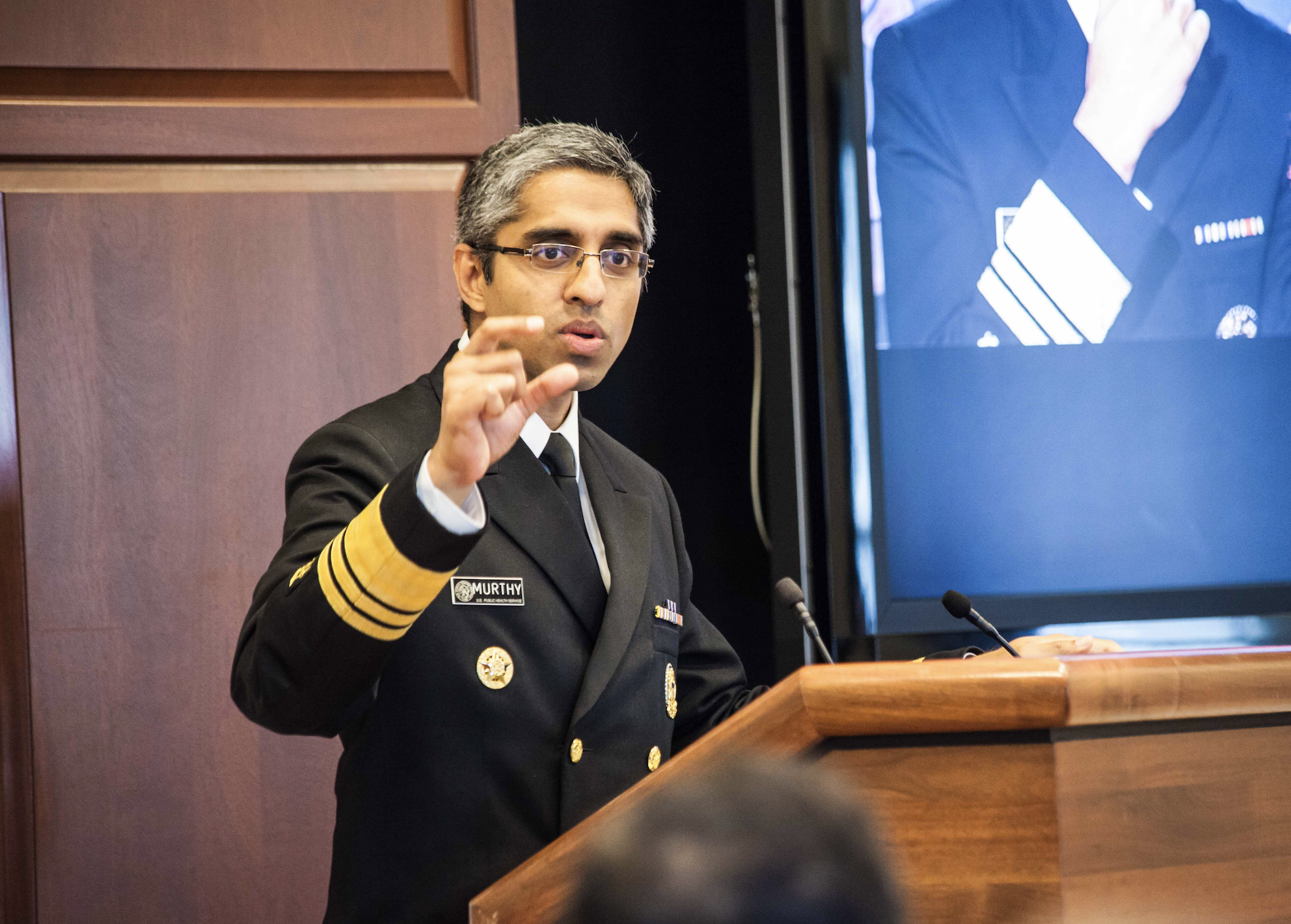In a new paper, a group of leading tobacco control experts urge the US surgeon general and the Centers for Disease Control and Prevention (CDC) to correct widespread misinformation surrounding nicotine vapes.
The article, which appears in Addiction, an esteemed peer-reviewed scientific journal, notes that the CDC does not have a clear definition of an e-cigarette. It suggests that the center adopt “e-cigarettes are electronic devices that transform a liquid containing nicotine into aerosol that is inhaled via a mouthpiece.”
The authors, who include Ken Warner of the University of Michigan, Nancy Rigotti of Harvard Medical School and Thomas Miller, the departing attorney general of Iowa, also call on the CDC to correct the name “EVALI,” or “e-cigarette, or vaping, product-use associated lung injury”—the outbreak that peaked in the fall of 2019. Originally and loudly misattributed to nicotine vaping products, the condition has since been linked to vitamin E acetate, a cutting agent found in illicit THC cartridges. Even now, US public health agencies have not explicitly corrected the record.
“The surgeon general’s website implies, for example, that e-cigarette use causes young people to become smokers, but this is strongly contradicted by widely available evidence.”
“Smokers are twice as likely to incorrectly identify nicotine e-cigarettes as the cause of EVALI than to correctly identify illicit, adulterated THC products,” the authors write. “EVALI contributed to an immediate increase in the perceived risks of e-cigarettes relative to more dangerous combustible cigarettes, and these increased misperceived risks have not fully abated.”
Seventy-five public health experts, including the authors of the Addiction article, previously requested that the CDC change the EVALI name and acronym in August 2021. Other health agencies, like the Food and Drug Administration (FDA), have also received significant blowback from tobacco harm reduction (THR) advocates and tobacco controllers for failing to do enough to right swirling misconceptions about reduced-risk products like vapes.
“We have asked, again, but this time in a major professional journal, that our government health leaders correct the serious misinformation that now plagues public understanding related to the significantly lower risk posed by e-cigarettes and their effect, or lack thereof, on promoting youth cigarette use,” Cliff Douglas, one of the coauthors and the director of the University of Michigan Tobacco Research Network, told Filter. “The surgeon general’s website implies, for example, that e-cigarette use causes young people to become smokers, but this is strongly contradicted by widely available evidence. While youth e-cigarette use peaked in 2019, and has fallen significantly since then, youth smoking recently fell to a historical low, below 2 percent.”
“The surgeon general himself says that health misinformation is a serious threat to public health.”
The authors argue, therefore, that Surgeon General Vivek Murthy has helped perpetuate the myth that vapes are a “gateway” to cigarettes. In fact, they’re a well-trodden path to smoking cessation.
“The surgeon general himself says that health misinformation is a serious threat to public health,” Michael Pesko, the lead author of the paper and an associate professor of economics at Georgia State University, told Filter. “Through various reports and website content, the surgeon general and CDC have been contributing to health misinformation by over-emphasizing the dangers of safer tobacco products like e-cigarettes. Now that we have pointed this out, we hope they will put words into action and fix these problems to encourage people to make healthier decisions about tobacco product use.”
“The surgeon general and CDC,” Douglas said, “should … strive to accurately educate the public regarding the role that lawfully marketed e-cigarettes can play in saving the lives of millions of adults who smoke and are otherwise unable or unwilling to quit.”
Photograph of Vivek Murthy in 2016 by Exchanges Photos via Flickr/Creative Commons 2.0





Show Comments